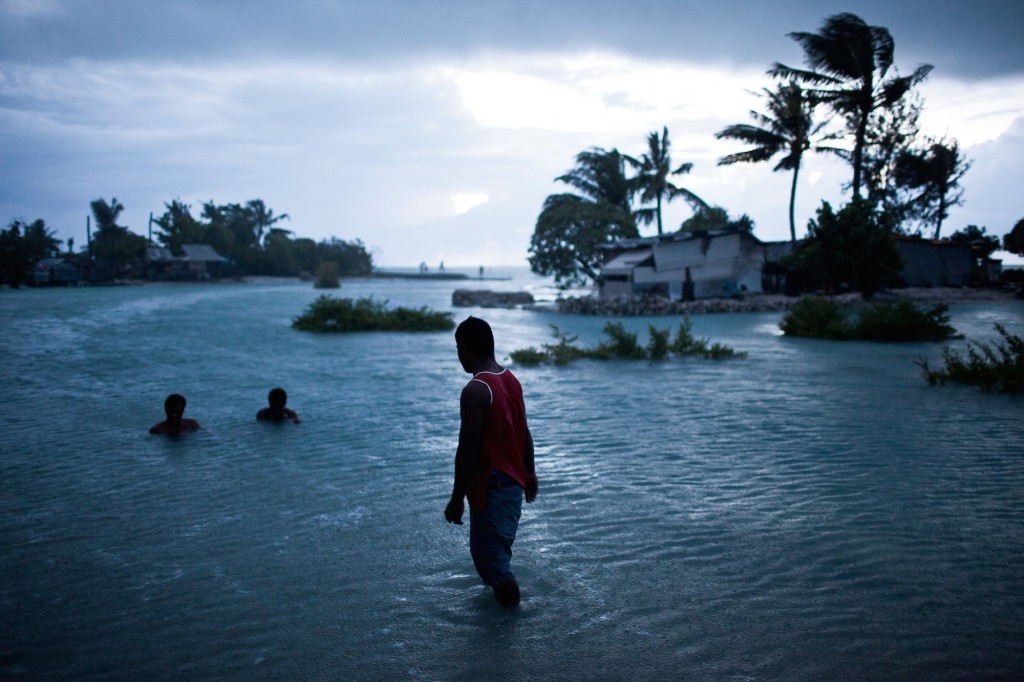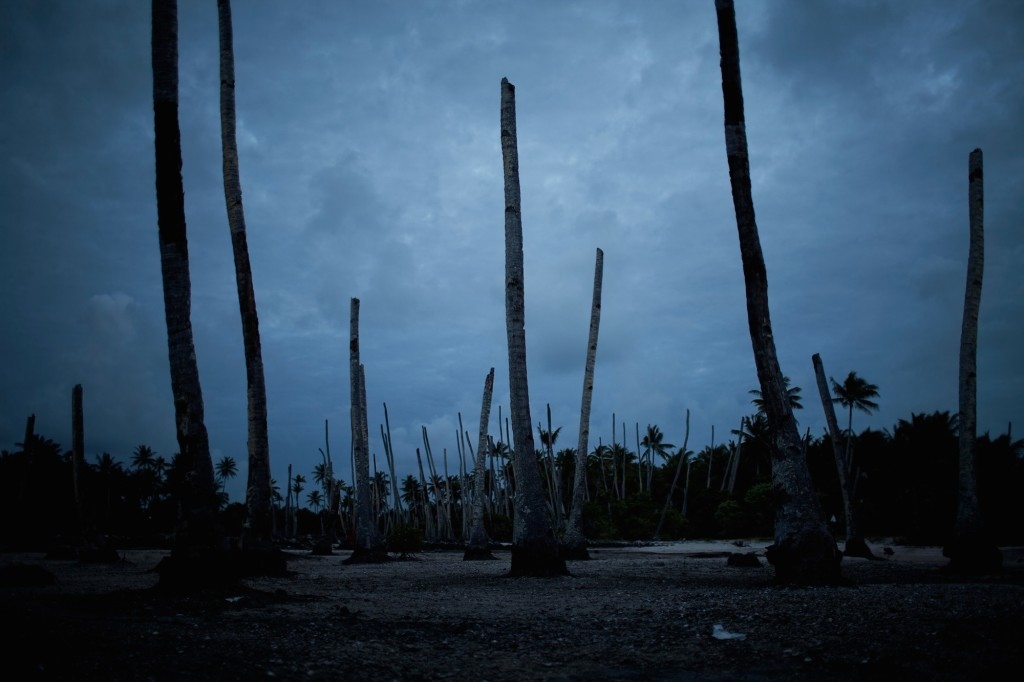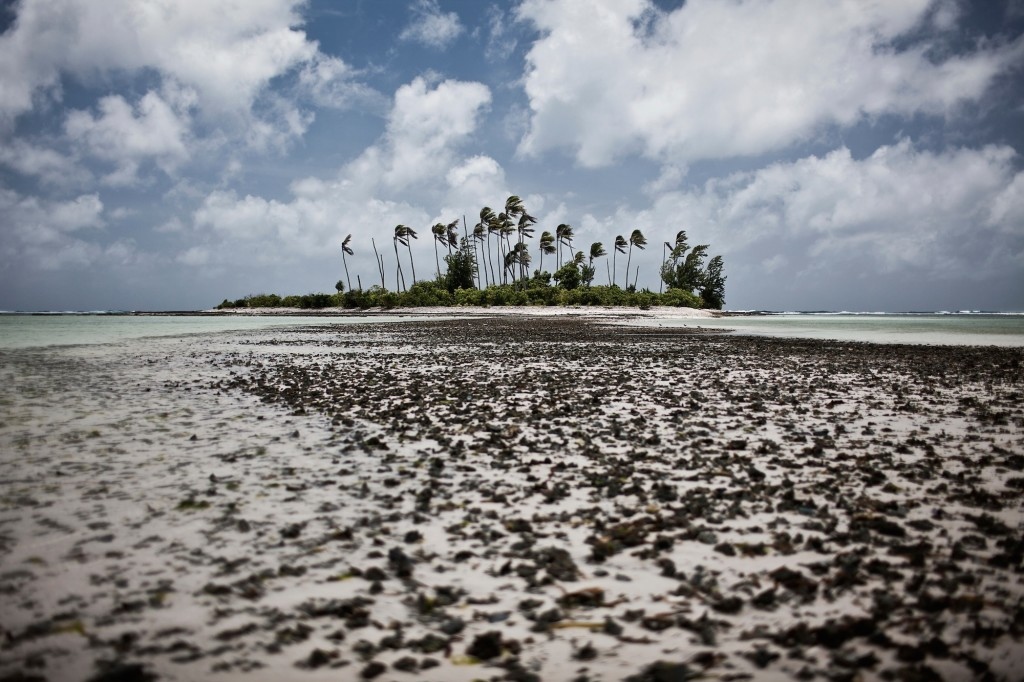Private Story
Kiribati is gone
Kiribati Is Gone shows the modern life in many developing Pacific countries "“ nations that have fallen to hardship due to global warming and rising sea levels. I was facing the fall of a small island nation of 33 atolls spread out in the South Pacific. Inhabited by about 100,830 people, Kiribati is among the world's poorest countries. It has few natural resources other than fish and copra, the dried meat of coconut. There's no optimism, there's only reality. It's hard to say what comes next.
Kiribati aroused my curiosity after I'd read an interview with Anote Tong, the president of the small island nation, who warned about his country becoming uninhabitable due to the rising sea levels and increasing salination. As Mr. Tong put it: "Kiribati might already have reached the point of no return. To plan for the day when you no longer have a country is indeed painful, but I think we have to do that."
I traveled to Kiribati for a month to witness first-hand the problems and challenges faced by the tiny island country. I focused on photographing the natives and their everyday lives. The story of Kiribati is a complex one, and the rising sea levels are by no means the only threat the country faces. While the country may go the way of Atlantis, there are even more severe and imminent problems with freshwater supply and with salination killing plant life.One of the findings in the 2007 Fourth Assessment Report of the Intergovernmental Panel on Climate Change (IPCC) was that by 2050, climate change is expected to reduce water resources on many small islands, e.g. in the Caribbean and Pacific, to the point where they become insufficient to meet demand during low rainfall periods.
To tell the story more accurately and gain better insight into Kiribati's agony, I conducted interviews with President Anote Tong, climate change activist Claire Anterea, and a representative of the World Bank. I'd also met with people from Kiribati villages and paid a visit to the Kiribati community in Auckland. New Zealand seems to be the future for the Kiribati people, who are slowly leaving their islands and resettling in the Kiwi country.




























